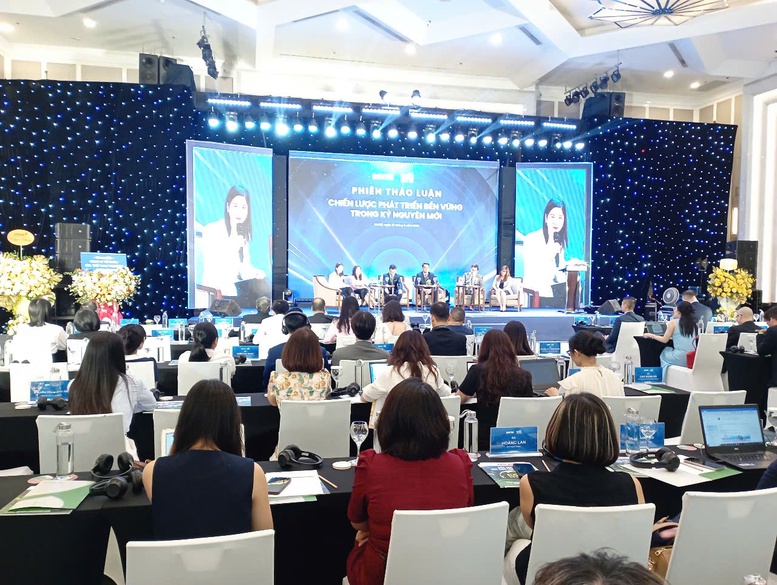
The first Vietnam ESG Forum with the theme "Sustainable development strategy in the new era" - Photo: VGP/HT
This is the content discussed at the first Vietnam ESG Forum with the theme "Sustainable development strategy in the new era" organized by Dan Tri newspaper on the afternoon of April 23.
Good ESG implementation will have competitive advantage
Deputy Minister of Home Affairs Nguyen Thi Ha said: ESG (Environment, Society and Governance) has become an inevitable trend worldwide, an important measure for the sustainable development of businesses and countries. Investors, consumers and the community are increasingly interested in the above three factors in their decisions.
"Enterprises that implement ESG standards well will have a competitive advantage, attract investment and build sustainable reputation," Deputy Minister Nguyen Thi Ha emphasized.
Deputy Minister Nguyen Thi Ha affirmed that the Vietnamese Government always considers sustainable development as a consistent goal in the process of socio-economic development and has issued many policies to encourage businesses to implement ESG, protect the environment, ensure social security and improve governance capacity.
On the part of state management agencies, the Ministry of Home Affairs plays an important role in creating a legal framework, promoting administrative reform, improving state governance capacity and supporting the development of social organizations. In particular, the Ministry also plays a key role in orienting and developing the national labor market and human resources.
The efforts of the Ministry of Home Affairs in these areas contribute significantly to creating a favorable environment for ESG practices, promoting sustainable development and building a fair, democratic and civilized society.
According to the leader of the Ministry of Home Affairs, practice shows that there needs to be practical solutions suitable to the specific conditions and capacities of each type of enterprise.
In addition, in terms of human resources, it is necessary to calculate how to build a sustainable workforce with sufficient skills and knowledge to meet the requirements of the green economy and circular economy.
We need to look towards a long-term vision, placing science and technology at the heart of governance and sustainable development. Science will help environmental problems be solved effectively, resources be used optimally, and the quality of life be improved thanks to environmentally friendly products and services.
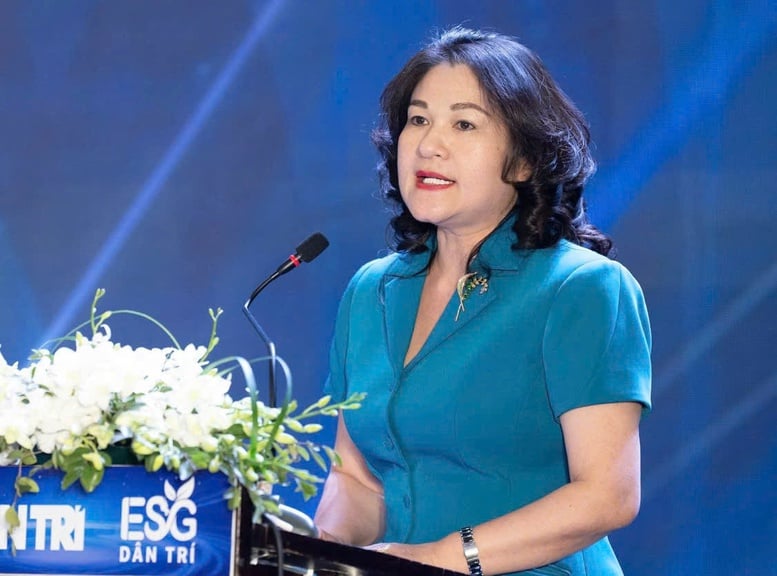
Deputy Minister of Home Affairs Nguyen Thi Ha speaks at the forum - Photo: VGP/HT
"With the active participation of ministries, departments, branches, localities, businesses, scientists, and social organizations, the Vietnam ESG Forum will be a great success, making an important contribution to the country's sustainable development. The Ministry of Home Affairs is committed to continuing to accompany the business community and relevant parties to build a sustainable, prosperous, and civilized Vietnam," said Deputy Minister Nguyen Thi Ha.
Mr. Nguyen Tien Huy, Director of the Office of Enterprises for Sustainable Development (VCCI), agrees with the policy that Vietnam should shift from exploiting resources and cheap labor to a development model based on innovation, productivity and sustainability. Therefore, sectors such as green economy, high-tech agriculture and clean industry need to become the central driving force.
At the same time, Mr. Nguyen Tien Huy emphasized: Vietnam needs to invest systematically in infrastructure for green transformation, expand renewable energy, develop smart transportation and apply digitalization in ESG management. At the same time, it is necessary to build a synchronous national ESG policy framework so that businesses do not have to "swim on their own" or depend entirely on international standards.
In particular, an indispensable factor is the development of green human resources through training, improving skills and integrating ESG into the education system. At the same time, it is necessary to reform the financial system towards supporting green credit, developing sustainable bonds and establishing ESG investment funds.
"However, the most important factor is improving institutional capacity. This is the 'key' in the next 10 years for Vietnam to not only maintain growth but also become a leader in the field of sustainable development," said Mr. Nguyen Tien Huy.
Dr. Bui Thanh Minh, Deputy Director of the Office of Private Economic Development Research (Department IV) cited figures as evidence. Mr. Bui Thanh Minh said that Vietnam's economic openness is very large, with total import-export turnover in 2024 reaching 780 billion USD. However, that also makes Vietnam vulnerable to protectionist policies and reciprocal taxes from major countries.
According to Mr. Bui Thanh Minh, Vietnam has issued Resolution 57 to change the growth model, focusing on science, technology and innovation. However, it is still necessary to continue perfecting institutions to create a favorable business environment, especially for private enterprises, a sector that plays an increasingly important role in the economy.
"It is time for Vietnam, in addition to FDI, to create internal momentum and support pioneering enterprises, SMEs and business households. Therefore, the role of creative institutions and policies to support innovation and startups will be the "key to survival" in the ESG era and green transformation," said Mr. Bui Thanh Minh.
Banks and businesses strive to change together, overcome challenges together
Dr. Mac Quoc Anh, Director of the Institute of Economics and Enterprise Development - Vice President and General Secretary of the Hanoi Association of Small and Medium Enterprises (SME), presented his perspective on the current ESG situation in the business community with four emerging bright spots. Firstly, green credit is growing by 22% compared to the same period last year. Secondly, international capital sources for ESG, typically the 210 million USD commitment from IFC, are also creating new momentum. Thirdly, the legal framework has become clearer thanks to circulars and guidelines from the State Bank. Fourthly, business awareness of ESG is improving, especially in accessing markets such as FDI.
However, Mr. Mac Quoc Anh also pointed out many major bottlenecks. That is, only 4.5% of green credit has been disbursed. SMEs have difficulty accessing it due to lack of collateral, non-preferential interest rates and unfamiliar ESG standards. Up to 60% of small businesses do not know where to register for support. Many businesses do not even know what ESG is and it is even more difficult to retain personnel with expertise in this field.
Therefore, Mr. Mac Quoc Anh proposed 5 groups of solutions including: Establishing a green credit guarantee mechanism from 30-50%; shortening the green criteria set, learning from international models; promoting digitalization of business data; tax incentives for the first 2-4 years for green businesses; building a network of ESG consultants along the value chain.
Ms. Pham Thi Thanh Tung, Deputy Director of the Department of Credit for Economic Sectors (SBV), emphasized the special role of the financial system in ESG, especially in the context of increasingly severe climate change. SBV representative said that the banking industry is gradually building green credit policies and environmental risk management mechanisms, in line with the national goal of green growth.
First of all, the State Bank has issued strategies for green banking development and a project to restructure the credit institution system in line with ESG goals. Thanks to that, banks have gradually built an environmental and social risk management system (ESRM) and provided guidance on implementing this risk assessment in many sensitive industries such as chemicals, energy, construction materials production, etc.
The banking sector is requiring credit institutions to incorporate sustainable development factors into the credit approval process. In particular, sustainable agricultural lending programs, the development of high-quality rice growing areas, and climate change response projects are receiving priority in capital disbursement.
In addition, the State Bank also actively participates in international forums to learn from experience and contribute initiatives to the construction of a global green banking system.
"ESG is not only a social responsibility but also a sustainable development strategy of the banking industry," affirmed a representative of the State Bank.
Giang Huy
Source: https://baochinhphu.vn/esg-dong-luc-phat-trien-ben-vung-trong-ky-nguyen-moi-102250423183218857.htm


![[Photo] Bustling Mid-Autumn Festival at the Museum of Ethnology](https://vphoto.vietnam.vn/thumb/1200x675/vietnam/resource/IMAGE/2025/10/4/da8d5927734d4ca58e3eced14bc435a3)
![[Photo] Solemn opening of the 8th Congress of the Central Public Security Party Committee, term 2025-2030](https://vphoto.vietnam.vn/thumb/1200x675/vietnam/resource/IMAGE/2025/10/4/f3b00fb779f44979809441a4dac5c7df)
![[Photo] General Secretary To Lam attends the 8th Congress of the Central Public Security Party Committee](https://vphoto.vietnam.vn/thumb/1200x675/vietnam/resource/IMAGE/2025/10/4/79fadf490f674dc483794f2d955f6045)



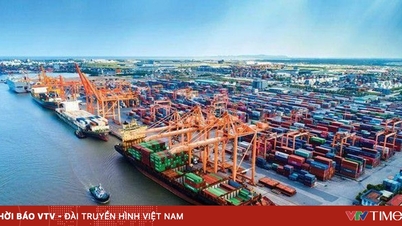




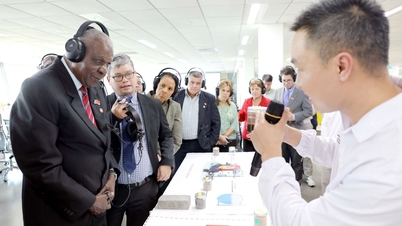

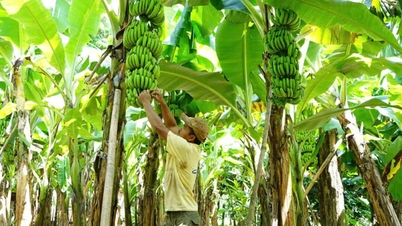





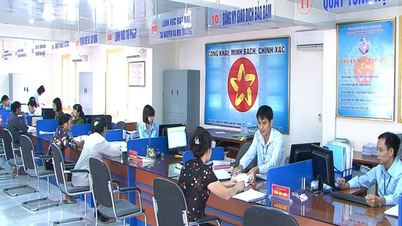
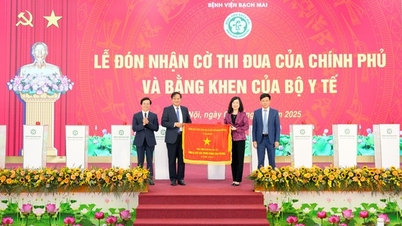
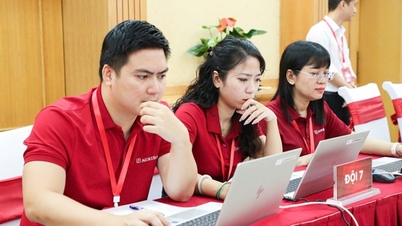
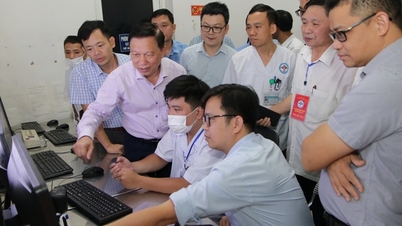
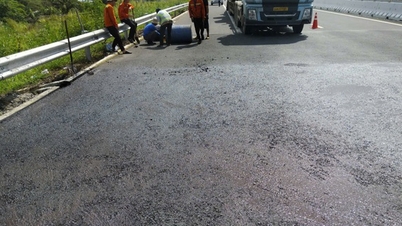
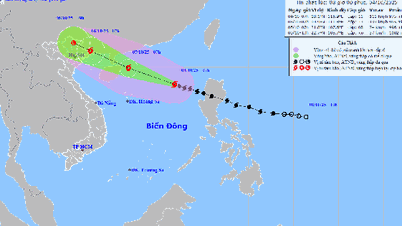


























![[VIDEO] Summary of Petrovietnam's 50th Anniversary Ceremony](https://vphoto.vietnam.vn/thumb/402x226/vietnam/resource/IMAGE/2025/10/4/abe133bdb8114793a16d4fe3e5bd0f12)

![[VIDEO] GENERAL SECRETARY TO LAM AWARDS PETROVIETNAM 8 GOLDEN WORDS: "PIONEER - EXCELLENT - SUSTAINABLE - GLOBAL"](https://vphoto.vietnam.vn/thumb/402x226/vietnam/resource/IMAGE/2025/7/23/c2fdb48863e846cfa9fb8e6ea9cf44e7)















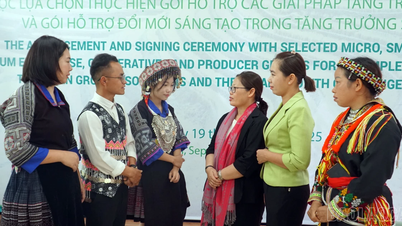





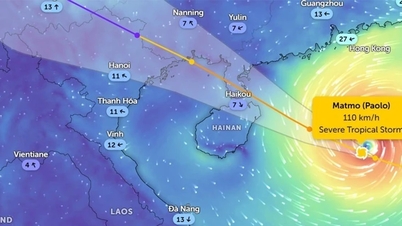













Comment (0)